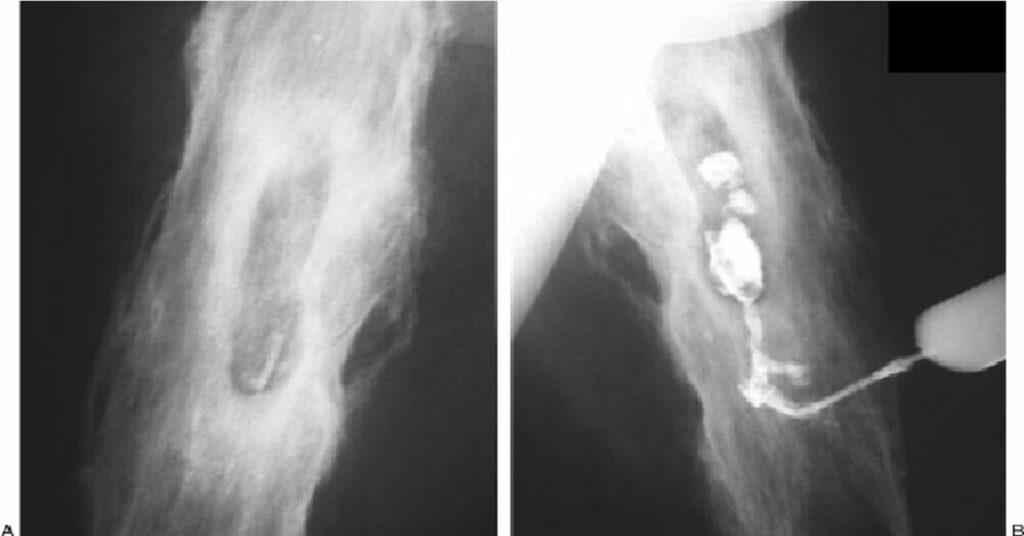Chronic osteomyelitis is a persistent bone infection that can significantly affect your health if left untreated. It typically results from a bacterial infection that spreads to the bone, often following a bone fracture or surgery. We will explore the causes, symptoms, and treatment options for chronic osteomyelitis, particularly focusing on chronic osteomyelitis treatment in Indore.
What Causes Chronic Osteomyelitis
Chronic osteomyelitis is often caused by bacteria, most commonly Staphylococcus aureus, which can enter the bone through an open wound, surgery, or through the bloodstream from another infected part of the body. People with weakened immune systems, diabetes, or poor blood circulation are more susceptible to developing chronic osteomyelitis.
In some cases, a bone injury, like a fracture or surgery, can leave a pathway for bacteria to enter, leading to an infection that may become chronic. Recurrent infections can make treatment more complicated, making early intervention crucial.
Symptoms of Chronic Osteomyelitis
The symptoms of chronic osteomyelitis can vary, but common signs include:
- Pain in the affected bone: A persistent, dull pain that worsens over time.
- Swelling and redness: The area around the infected bone may appear swollen and red.
- Fever and chills: As the body tries to fight the infection, fever and chills are common.
- Drainage from the wound: In severe cases, pus may drain from the infected area, which can have a foul odor.
- Fatigue and general discomfort: Chronic osteomyelitis can lead to a general feeling of being unwell.
Chronic Osteomyelitis Treatment in Indore
If you suspect you have chronic osteomyelitis, it is crucial to seek professional care. Chronic osteomyelitis treatment in Indore includes a combination of antibiotics and, in some cases, surgery. The goal is to eradicate the infection and prevent further damage to the bone. Surgical options may include the removal of infected tissue, debridement, or even reconstructive surgery to restore bone function. Antibiotic therapy, tailored to the specific bacteria causing the infection, is also a critical part of the treatment.
Chronic osteomyelitis is a serious condition that requires prompt medical attention. Early diagnosis and treatment are key to preventing complications and improving the quality of life for individuals affected by this infection. If you’re experiencing symptoms, consider consulting a specialist to receive the best care possible.

